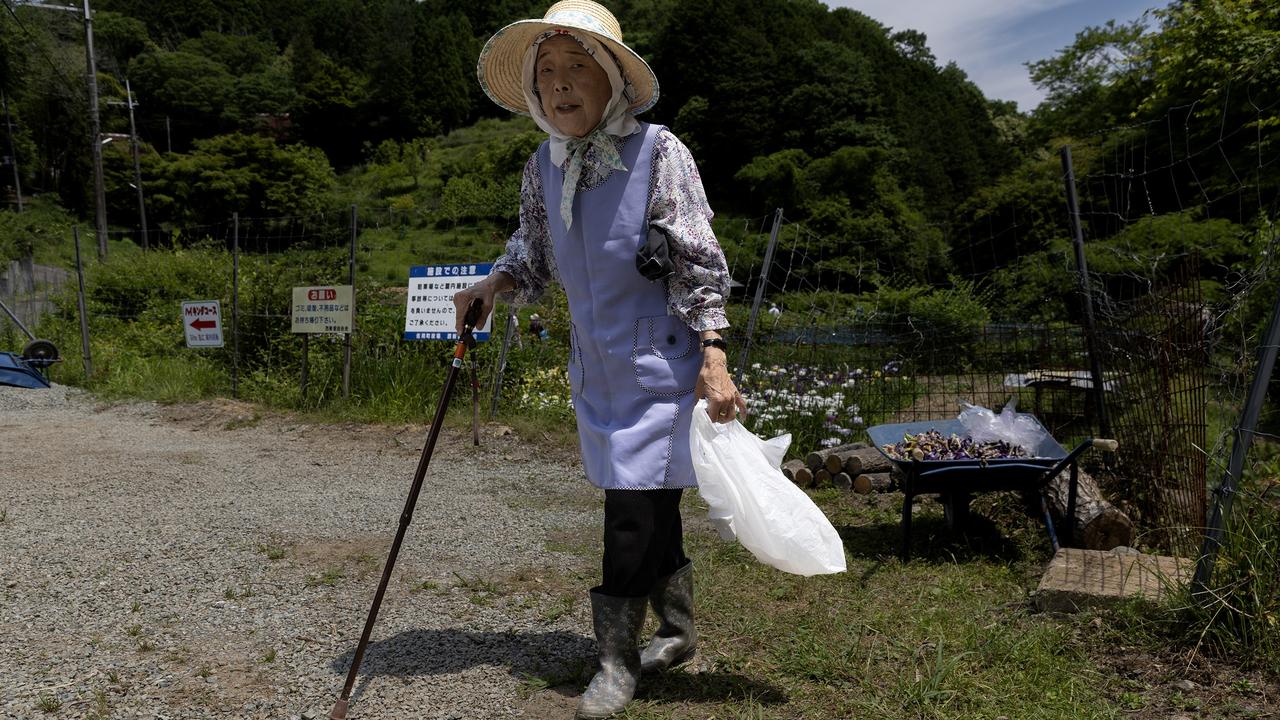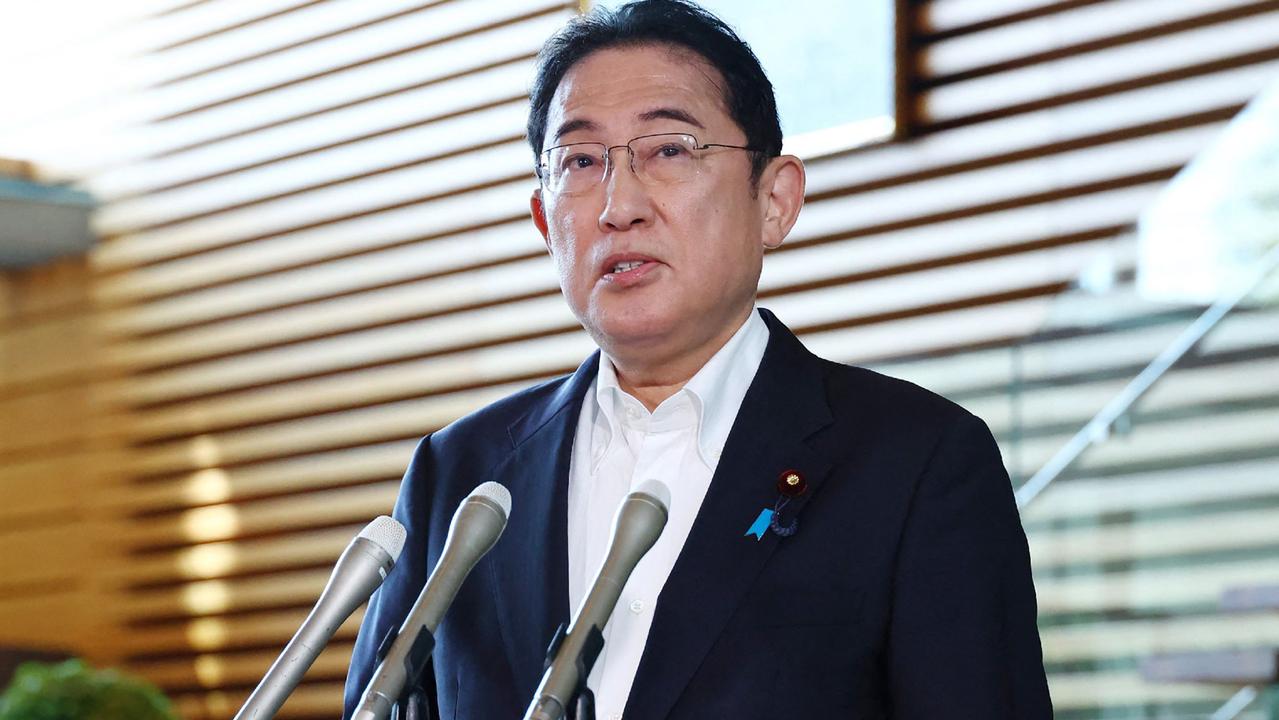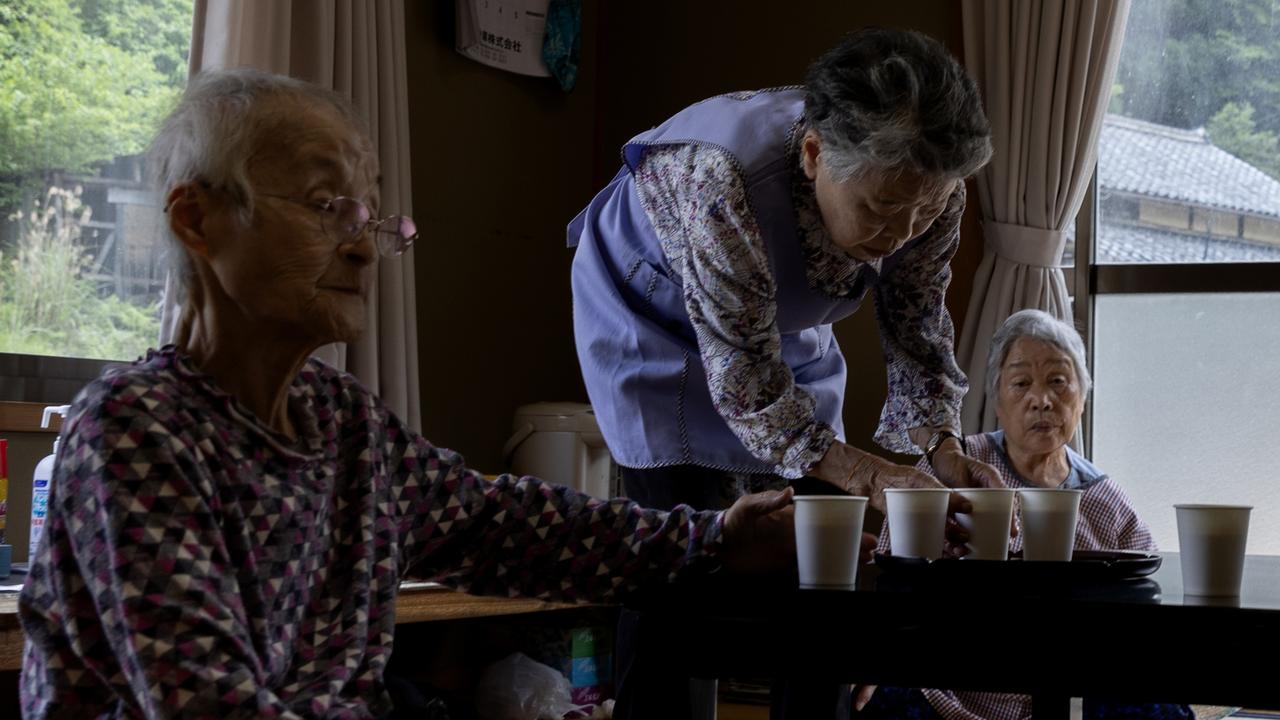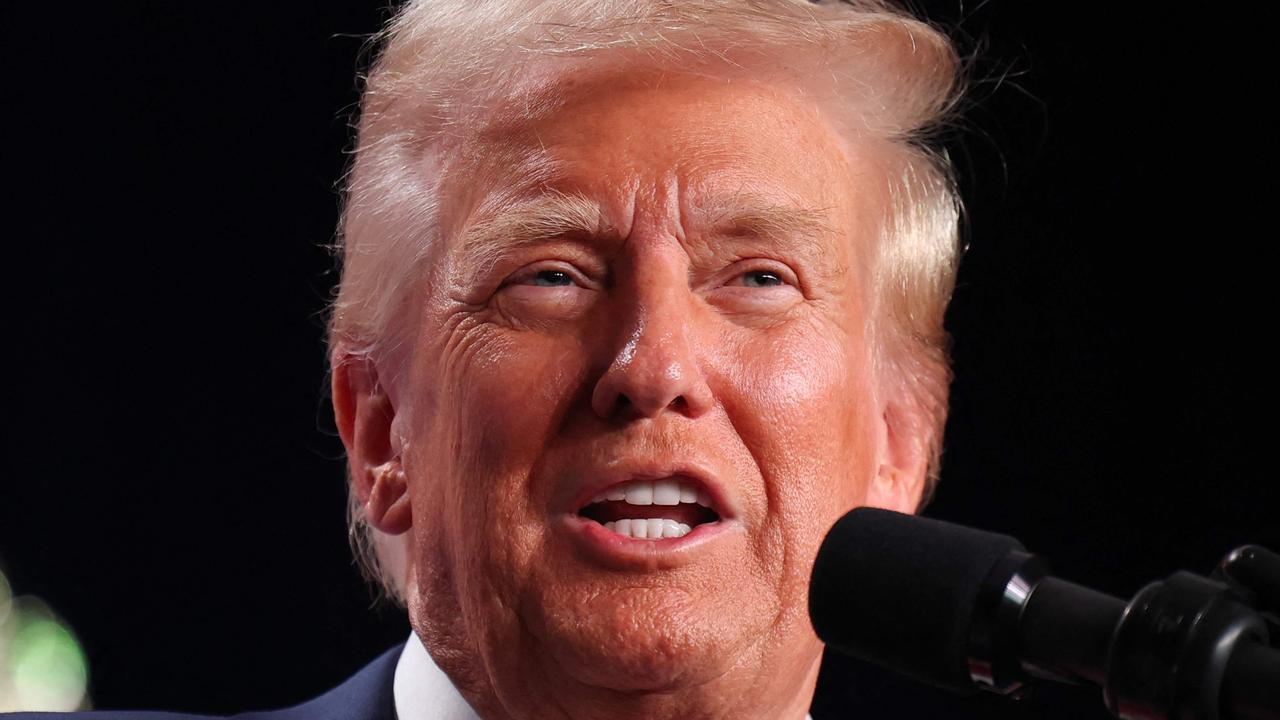Global problem hitting Japan with warnings of ‘biggest crisis’
It’s a problem across the world and government’s are struggling to solve it. It could mean a drop in living standards for everyone.

It’s a global issue gripping most nations but Japan is one of the hardest hit with a warning that part of its population is “likely to vanish” due to not enough babies being born and as a result living standards will plummet.
This bombshell problem is something governments are struggling with around the world, including Australia which is suffering through its own “baby recession”.
But Japan’s population has slumped for the 15th year in a row – with the population declining by more than 861,000 people.
The number of babies born in Japan last year fell to the lowest since records began in 1899 and the government warned the next six years to 2030 may be the country’s “last chance” to reverse the trend.
Yet fresh data revealed there has been no progress and instead 2023 marked the grim milestone of the biggest single year decline in Japan’s population.

It showed there were 121.6 million people in Japan with the population plummeting by 861,237 people, or 0.7 per cent, from a year before, according to the Japan’s Internal Affairs Ministry.
Despite a record influx of 3.3 million foreign residents – this did not put a dent in the population decline.
Japan as well as many other nations are struggling to push up a declining birthrate as women around the world prioritise economic independence and raise concerns about the financial hit they take when having babies, as well as grappling with the rising cost of living.
But it is particularly dire in Japan. A report from the Population Strategy Council raised alarm bells with research showing that 744 of Japan’s 1729 municipalities were “likely to vanish” by 2050 due to population decline.
Meanwhile, Japan’s population is forecast to fall by 30 per cent to 87 million by 2070 – meaning four in 10 people will be aged 65 or older.

‘Biggest crisis’
Prime Minister Fumio Kishida has previously described the declining birthrate as “the biggest crisis Japan faces”, warning if the population fall could not be reversed that it would become “difficult to maintain our social security system and our local communities”.
The declining population could eventually decimate its economy but it’s already hurting Japan.
“Labour shortages have already begun to impact various sectors and professions. An increasing number of small and medium-sized enterprises have closed because of a lack of successors,” Research Institute of Economy, Trade and Industry chairman Shujiro Urata wrote on the East Asia Forum.
“Professions that provide social and public services such as teachers, doctors and caregivers are facing acute labour shortages. The negative economic impacts of depopulation are also being felt acutely in rural areas. The negative economic impacts of an ageing population will inevitably cause Japan’s living standard to decline.”

As a result, Japan has been scrambling to entice more people into expanding the family.
This includes a new law passed in June to expand monthly child allowances from up to age 15, when many finish junior high school, to age 18 while the income limit for parents and guardians will be removed, as well as changes to parental leave.
It’s also pouring money into its baby making scheme.
There’s 5.3 trillion yen ($A34 billion) budgeted this year for incentives to encourage couples to have more children, including increasing childcare and education.
The government plans to boost funds for these measures to 3.6 trillion yen ($A36.7 billion) by the 2028 financial year.

More trouble ahead
However, there are warnings from experts that the measures target those with children already and don’t tackle the rising number of people reluctant to start a family in a nation where marriage is being shunned by younger people.
In 2019, less than 2 per cent of Japan’s GDP was allocated to family public benefits. This pales in comparison to the roughly 3.5 per cent spent by France and Sweden, both of which have experienced a recovery of their respective birthrate, Curtin University political scientist Dr Yasuo Takao found.
Yet, he believes cash isn’t the lone answer and Japan’s conservative government can’t get it right as long as they cling to traditional family values.
“The way forward is to move beyond the traditional ‘standard family’ structure and ensure that individuals who want children — whether they are single or in common-law marriages — can raise them without financial or emotional insecurity,” Takao wrote in the East Asia Forum this month.
“Clinging to outdated family structures and societal norms will spell trouble for Japan. The current government is failing to recognise the importance of revitalising society through diverse households and families. It needs to embrace diversity, for example by ensuring the same family benefits to de facto relationships.”
Japanese women’s equality advocate Dr Meguro Yoriko has also said gender inequality needs to be addressed, arguing the “the persistence of patriarchal attitudes among the men who run our corporations is the biggest reason for the continued decline in the birthrate”.

Australia facing its own problems
Back to Australia and its “baby recession” with analysis finding births across the country fell by 4.6 per cent year on year.
The number of births in 2023 was the lowest since 2006 as cost-of-living pressures impact the feasibility of younger Australians to have children, according to KPMG Australia.
Last year, there were 289,100 babies born in Australia, a significant reduction from the 2021 post-lockdown spike which saw 315,200 babies born.
KPMG urban economist Terry Rawnsley explained that weak growth in the economy often leads to reduced birthrates, but that current cost-of-living pressures are having a particularly strong impact.
“Birthrates provide insight into long-term population growth as well as the current confidence of Australian families,” he said.
“We haven’t seen such a sharp drop in births in Australia since the period of economic stagflation in the 1970s, which coincided with the initial widespread adoption of the contraceptive pill.”
He added that the current financial pressures has seen Australians delay starting or expanding their families, but over the longer term there were also concerns.
There has been long-term decline in the total fertility rate, which has dropped from over 2 children per woman in 2008 to 1.6 in 2023, Mr Rawnsley added.






